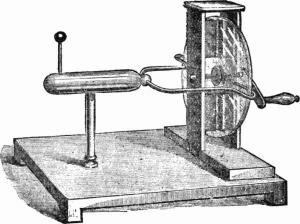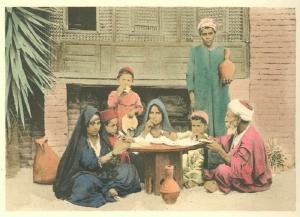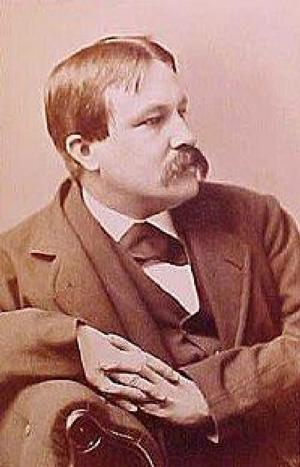Roman Women, Illustrated
Nonfiction, Social & Cultural Studies, Social Science, Gender Studies, Women&| Author: | Alfred Brittain | ISBN: | 9781455445912 |
| Publisher: | Samizdat Express | Publication: | December 15, 2009 |
| Imprint: | Language: | English |
| Author: | Alfred Brittain |
| ISBN: | 9781455445912 |
| Publisher: | Samizdat Express |
| Publication: | December 15, 2009 |
| Imprint: | |
| Language: | English |
Volume 2 of Woman in All Ages and in All Countries. First published in 1907. According to the Preface: Five illustrations"The student of history does not proceed far in his researches before he discovers that human nature is a fixed quality. Other lands, other manners; other times, other customs. But the man behind the manner is essentially the same; the woman under the changed custom is not thereby rendered essentially different, any more than she is by a varying of costume. The women of ancient Rome exemplified the same virtues, and were impelled by the same foibles as are the women of to-day. And the difference in environment, the vanished conditions of Roman life, gain large scientific interest from the fact that they did not result in any dissimilarity of fundamental character. If, by the most violent exercise of the imagination, it were possible to transport a female infant of the twentieth century, and cause her to be reared among the women of the Augustan age, she would fit as naturally into her surroundings as she would into the present society of London or of New York."
Volume 2 of Woman in All Ages and in All Countries. First published in 1907. According to the Preface: Five illustrations"The student of history does not proceed far in his researches before he discovers that human nature is a fixed quality. Other lands, other manners; other times, other customs. But the man behind the manner is essentially the same; the woman under the changed custom is not thereby rendered essentially different, any more than she is by a varying of costume. The women of ancient Rome exemplified the same virtues, and were impelled by the same foibles as are the women of to-day. And the difference in environment, the vanished conditions of Roman life, gain large scientific interest from the fact that they did not result in any dissimilarity of fundamental character. If, by the most violent exercise of the imagination, it were possible to transport a female infant of the twentieth century, and cause her to be reared among the women of the Augustan age, she would fit as naturally into her surroundings as she would into the present society of London or of New York."















